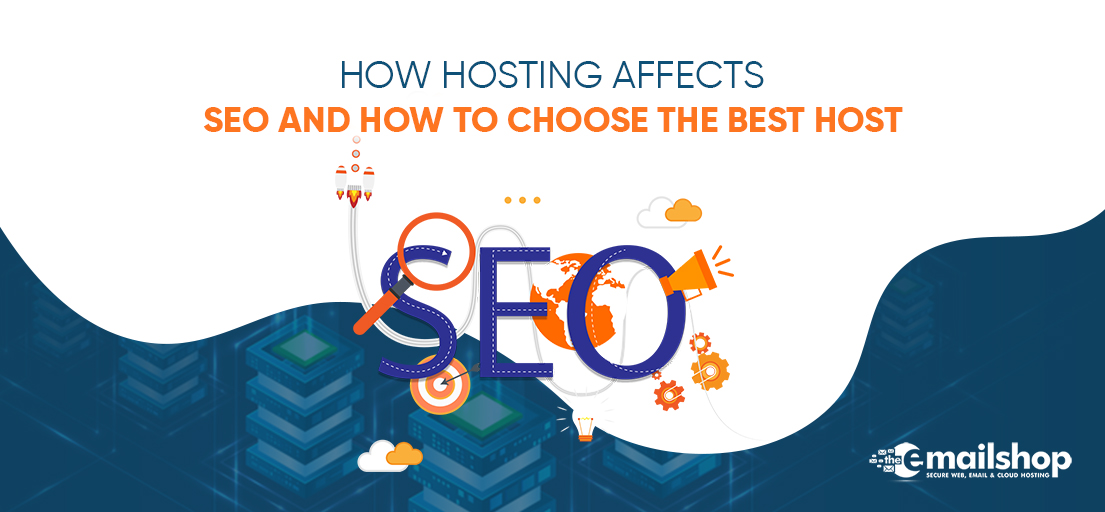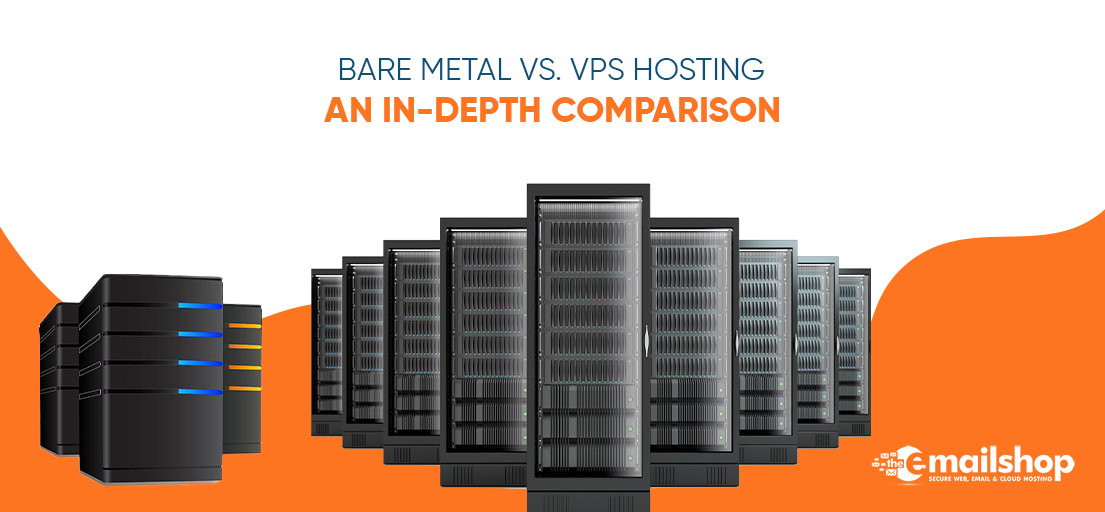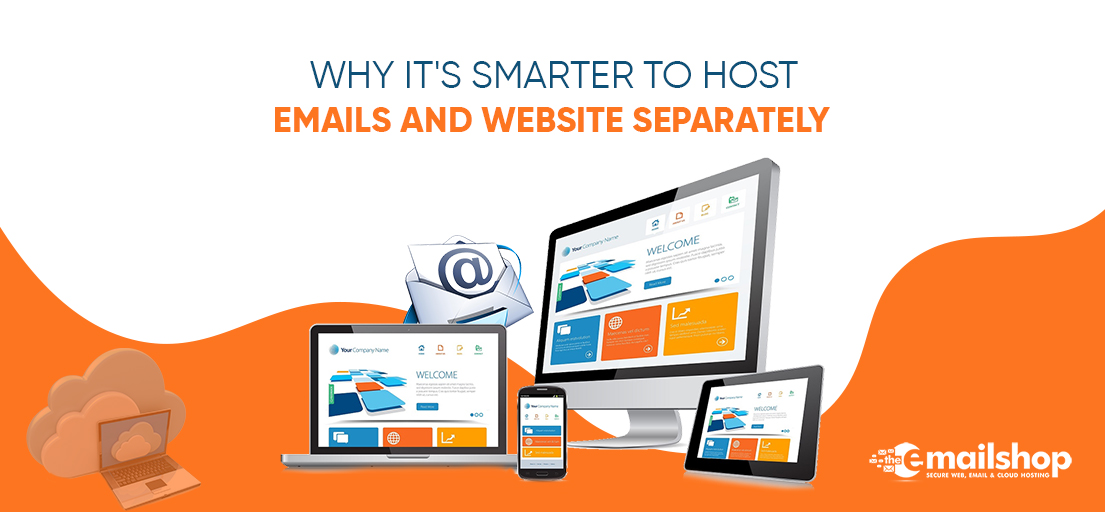To increase your online presence, you must investigate the connection between hosting services and SEO. When attempting to understand how hosting may affect your SEO efforts, there are numerous aspects to consider. Although it may not be the most well-known, hosting is a crucial element of SEO. Your hosting provider can assist with this or prevent it from happening so that Google will favor your website. This article will look at some of the ways that web hosting can impact SEO and provide advice on how to avoid it.
What is Web Hosting
A web hosting server essentially stores data and assures its security and accessibility. It functions similarly to renting space to a tenant (in this example, a website), with supplemental services like a security guard and handyman. The traffic to your website may be increased and maintained with the help of a reliable web hosting service provider because they keep your website active, safe, and updated.
What is SEO
Search engine optimization is a tactic in digital marketing. It helps a website appear in the SERPs on the basis of Google rankings, keywords, and content type. Relevant, current, and high-quality content ensures good rankings.
One of the most well-liked SEO tactics is link building, which consists of a number of tasks aimed at generating backlinks. Link building includes several activities, including keyword research, getting in touch with web publications, creating content, and guest blogging. And because the bulk of the hard work takes time, companies and marketers occasionally use outside service providers like Link Building HQ to handle the full process in order to do the work more quickly. With outsourcing, you may increase ROI and get more specialist solutions
A website can rank higher in search engines using a number of on-site SEO strategies in addition to link development. And the web hosting service you choose might, in one way or another, have an impact on some of these criteria.
Types OF Hosting
Let’s go over the primary types of website hosting now that you are aware of what web hosting is.WordPress websites may be run on any of these hosting platforms with ease. However, some can be better suited to the particular circumstances of your WordPress site than others.
Shared Hosting
Small websites frequently begin their lives on shared hosting. These ideas are affordable and suitable for beginners. A shared plan can be found for as little as a few bucks per month; this cost will be worthwhile for SEO. With shared hosting, costs are kept low by pooling resources. A user on a shared hosting plan, as the name suggests, must share resources with other users on the same server. While shared hosting is an excellent starting point for novice website owners, it has drawbacks for SEO. Other websites that you share a server with may have an impact on your website’s performance.
VPS Hosting
Even if you select a Virtual Private Server to host your website on, you will still be sharing a physical server with other websites. You do, however, have your own private virtual partition. This enhances performance and lessens the possibility that traffic from other websites would negatively impact your website’s loading time and SEO.
Dedicated Hosting
Hosting on a dedicated server means that the entire machine is devoted to you. Both the speeds and the uptime will rise. Additionally, you have complete control over the server settings, which enables you to enhance the functionality of your website. Although dedicated hosting can be pricey, it is beneficial for SEO. You probably don’t need it until your website is large enough for an enterprise.
Managed WordPress Hosting
A specific form of hosting service created for websites created using WordPress is managed WordPress hosting. Managed WordPress hosting offers a more secure and optimized environment than traditional hosting does for hosting WordPress websites. The website’s technical operations and upkeep, such as software upgrades, security, backups, and speed optimization, are handled by the hosting company. This frees up website owners to concentrate on developing and publishing content rather than worrying about the technical foundation.
How Does Hosting Affect Your SEO?
Although it may not be the most well-known, hosting is a crucial element of SEO. Your hosting provider can assist with this (or prevent it from happening) so that Google will favor your site. Here are a few ways your host may influence the effectiveness of your search engine.
Website Speed and Page Load Times
An important ranking factor in search engine algorithms is page load times. Users get frustrated with slow websites, which increases bounce rates. The speed at which your site loads can be significantly increased by hosting servers with quick response times and efficient content delivery systems. To ensure that your material is delivered quickly to users all around the world, search for hosting providers that offer solid-state drives (SSDs) and material Delivery Networks (CDNs).
Uptime and Downtime
Websites that are regularly accessible to users are preferred by search engines. Search engine bots can effectively crawl and index your website if the hosting company has a high uptime rate. In order to reduce the chance that users and search engines won’t be able to access your website, look for hosts that promise at least 99.9% uptime.
Server Location and Geotargeting
The performance of your website may be impacted by the hosting server’s location. Page load times may be sped up by hosting your website on servers closer to your target market. This is especially crucial for efforts in local SEO. Choose a server location from among those offered by the many hosting companies if it fits your target market.
Website Security
A safe website is essential for both SEO rankings and user confidence. Hosting companies that prioritize security features like firewalls, SSL certificates, and routine virus scanning can help protect your website from online dangers. Websites that are susceptible to security breaches may also suffer penalties from search engines.
Mobile Responsiveness
Given the growing popularity of using mobile devices for internet browsing, mobile friendliness is an important ranking feature. Your SEO efforts will benefit from a host that supports responsive design and provides tools for mobile site optimization.
Server Resources and Performance
The resources allotted to your website, such as CPU, RAM, and bandwidth, are extremely important to how well it performs. Having hosting services with enough capacity helps guarantee that your website runs without a hitch even during periods of high traffic. Due to resource restrictions, websites that take a long time to load might hurt user experience and SEO rankings.
How to Choose an Ideal Host for SEO
The search engine optimization (SEO) efforts for your website can be greatly impacted by selecting the right web host. If your website is hosted in a speedy, dependable, and secure environment, it will perform better overall and rank higher in search engines. Consider the following crucial factors while choosing the best host for SEO.
Server Performance
For SEO, a quick and responsive server is essential. Websites that take a long time to load may have greater bounce rates and worse search engine results. Select a host that uses cutting-edge hardware, provides solid-state discs (SSDs), and makes use of caching techniques.
Uptime Guarantee
Website availability is a factor that search engines take into consideration. To assure that both users and search engine crawlers can access your website, look for a server that gives a high uptime guarantee (preferably 99.9% or greater).
SSL Certificate
All the security and SEO of a website depend on an SSL certificate. Search engines favor websites that are secure (https) over those that are not. A lot of hosts include free SSL certificates in their hosting packages.
Scalability
You may need to add more material and visitors as your website expands. Make sure the host you choose has alternatives for scalability, such as the capability to quickly expand resources or upgrade your hosting plan.
Content Management System (CMS) Compatibility
Make sure the host is compatible with your chosen CMS, such as WordPress, and provides simple installation and optimization tools.
Technical Features
To improve website performance and SEO, look for hosts that offer technologies like HTTP/2 compatibility, content delivery networks (CDNs), and server-side caching.
Reputation and Reviews
Check out the host’s reputation and read user reviews. Customers’ opinions can shed light on the host’s dependability, effectiveness, and level of customer service.
You May Also Like To Read: What technology is used to host websites on Windows?
Summing It Up
Web hosting can affect a variety of variables, including website performance, uptime, security, and location your website will rank higher in SERPs if you invest money in a reputable web hosting service provider. Long-term, this will help you build a respected brand in the internet market and give users a straightforward and enjoyable experience. To make your website search engine friendly, you must carefully select a web host, as was already explained.
To experience what good hosting for SEO offers, try the email shop which is a managed cloud hosting platform. It optimizes your website with decreased load time, 99.9% uptime, and better SEO rankings as your website is likely to be online throughout the year.
For Discount and Offers, Visit our Official Twitter Page









